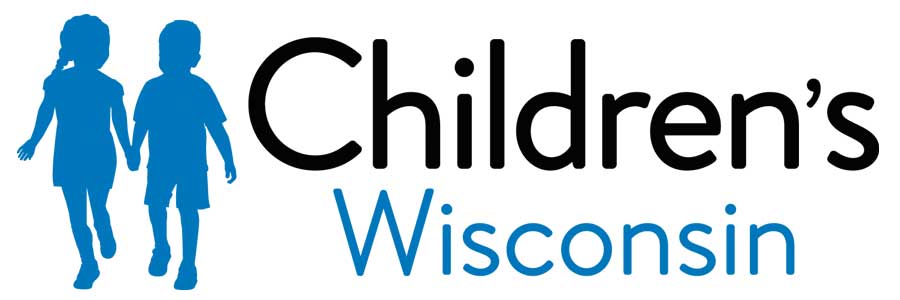Pyeloplasty (2126)
Key points below
What is a Pyeloplasty?
The ureter is a tube that goes from one of the kidneys to the bladder. Pyeloplasty is a surgery to remove a blocked section of the ureter. The blockage is often a narrowing right where the ureter joins the kidney.
What do I need to know before my child’s surgery?
How is surgery done?
Normally, your child will be in the hospital typically not more than 3 days, but may be discharged earlier if you and the team feel this is safe for your child. A tube (called a stent) may be put near the incision. The tube will drain urine away so the ureter has time to heal. The tube will be removed 6 to10 weeks later in the operating room.
How do I care for my child after the procedure?
Your child may not be hungry for the first 1 to 2 days after surgery. Your child may feel nauseous. The nurses and doctors will keep a close watch on this. Once your child is hungry and passing gas, solid foods can be offered.
Activity
After surgery, you may hold your child. Most young children find this very comforting. Do not worry, as you will not hurt the wound. Because there is an IV and often tubes and wires, the nurses will help you.
The nurse will help older children sit in a chair and advance to walking. .
Older children should avoid heavy play or sports after surgery. Their surgeon will tell you when they can start normal activities and sports.
Wound Care
- Dressings will be put over the wound. These will be changed while your child is in the hospital or when they are discharged.
- The nurses will help you learn wound care if your child has a drain or tube.
- The stitches will dissolve except for those around the drain or tube site. Those will be removed in the office.
- A firm ridge often develops under the wound. This is normal. It will slowly go away over the next several weeks to months.
- Bruising and minor spotting of blood are common.
- Your child may shower the day after surgery and take a bath 1 week after surgery. It may be easier to wait until any tubes have been removed.
- Infection or bleeding.
- Urine leaking at the repair site. This is not common and most often stops on its own.
- Rarely (2 to 5% of times), the blockage returns. If this happens, your child may need more surgery.
Pediatric Urology:
Monday – Friday 8:00am – 4:30 pm - (414) 266-3794
Monday – Friday 4:30pm – 8:00am and weekends - (414) 266-2000 ask for the Urology Resident on call
